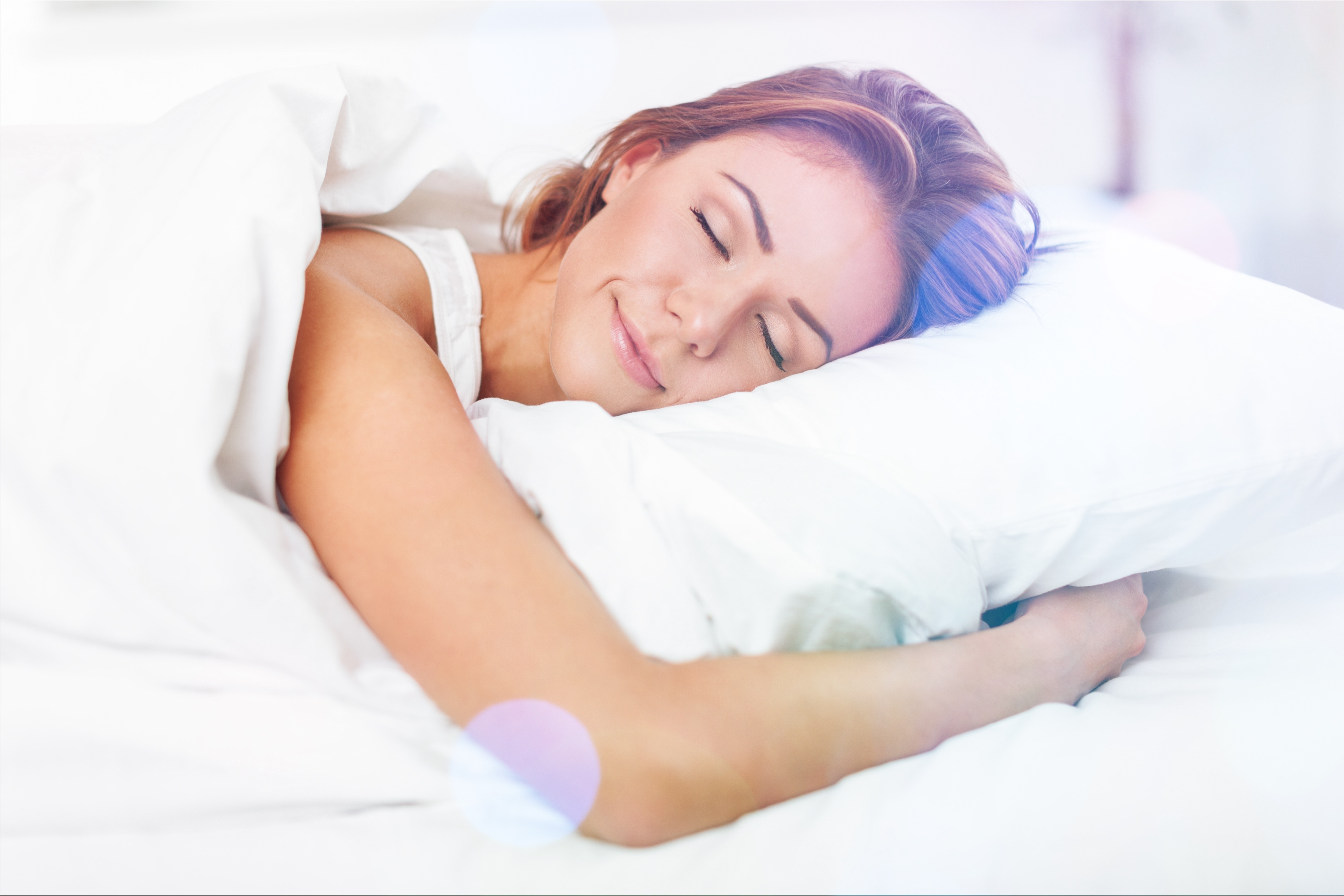A healthy individual should have no trouble falling asleep in under 20 minutes. However, large numbers of people today do have this problem. A report by NPR states that there are around 60 million Americans with insomnia. According to the Cleveland Clinic, most insomniacs suffer from sleep onset insomnia. Sleep onset insomnia is trouble falling asleep in the first place rather than difficulty maintaining sleep. The tips below can help individuals with this condition shorten the time it takes them to fall asleep.
Related Blog: 6 Tips to Help You Fall Asleep
Have a Fixed Sleep Schedule
A fixed sleep schedule has numerous benefits that include improved memory, mood, and concentration. This is because of the different phases of sleep, which include rapid eye movement (REM) sleep and non-rapid eye movement sleep (NREM). REM sleep is where the brain processes memories and emotions. The circadian rhythm controls the two sleep phases. The circadian rhythm is the body's internal clock. A regular sleep schedule optimizes your circadian rhythm. An irregular sleep pattern creates a range of serious health risks but it is also implicated in difficulties falling asleep. Individuals can mitigate both the health risks and issues falling asleep by going to bed at around the same time each day.
Avoid Daytime Naps
Daytime naps are an enemy of the fixed sleep schedule. People who have trouble falling asleep at night can have a sleep deficit that will often make them feel sleepy during the day. That sleepiness leads to the habit of napping during the day. Short daytime naps can have positive effects like improved alertness, but can also have negative effects on nighttime sleep. Napping during the day makes it more difficult to fall asleep quickly at night, according to a Boston College study. Not only did participants in the study have difficulty falling asleep, the quality of their nighttime sleep was poor.
Create a Comfortable Environment
Comfort plays a major role when it comes to the speed with which a person falls asleep. Choosing the right mattress is an important factor. Medium-firm mattresses come highly recommended for the best sleep quality. They can help to prevent physical and mental discomfort that may make it more difficult to fall asleep.
Engage in Daytime Exercise
Exercising during the day can increase the quality of sleep by increasing serotonin production in the brain. Another benefit is that it decreases the level of the stress hormone cortisol. A study from the University of Campinas in Brazil found that the time of day has a significant impact on the sleep benefits from daytime exercise. Exercise earlier in the day seems to make for a better night's sleep when compared to exercise in the late evening.
Avoid Technology
Exposure to electronics right before bedtime can prolong the time it takes to fall asleep. The effects of electronic devices on sleep onset as well as on other aspects of sleep quality are more severe among adolescents. A study by Weill Cornell Medical College states that sleep can be affected by different types of technology such as television, video games, and mobile phone use. Frequent use of all technologies aside from mobile phones and music players made it harder for subjects to cognitively shut off. To shorten the time taken to fall asleep, an environment free of distractions is best.
Besides being a cause of frustration, difficulties falling asleep affect multiple aspects of your mental and physical health. If the main obstacle to you falling asleep quickly is your mattress, contact us at Land of Sleep today. We can help you to get to sleep in less time and be well-rested when you wake up.





